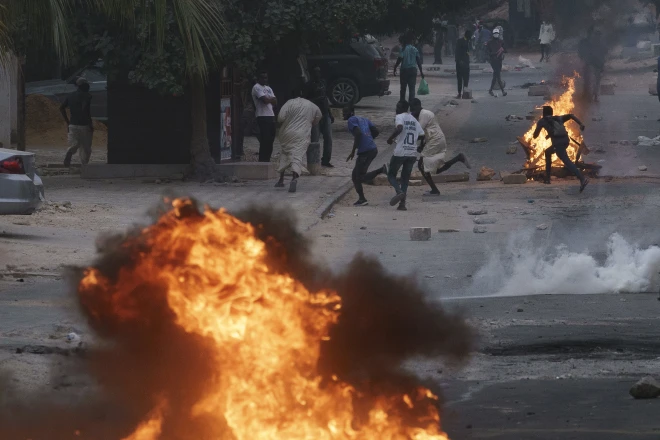In a landscape marred by political turbulence, Senegal has recently taken a significant step by revising its amnesty law to address the aftermath of deadly protests that erupted earlier this year. This move has sparked a nationwide dialogue about justice, accountability, and the right to protest, as well as the responsibilities of the state in upholding civil rights.
The Protests and Their Aftermath
In March 2021, Senegal experienced some of its most severe protests in years, triggered by the arrest of Ousmane Sonko, a prominent opposition leader and presidential candidate. As tensions escalated, demonstrations erupted across the country, leading to clashes with security forces and resulting in multiple casualties. Official reports indicated that at least 14 people lost their lives during the unrest. The violence raised serious concerns about the state’s handling of civil dissent and the implications of police brutality.
In the wake of these protests, the Senegalese government enacted an amnesty law aimed at forgiving certain political offenses and preemptively addressing the potential for further unrest. However, this law stirred controversy, lacking provisions that truly satisfied the demands for accountability and justice from victims and opposition groups alike.
Revising the Amnesty Law
In response to mounting pressure from civil society, human rights organizations, and particularly families of the victims, the Senegalese government has begun revising the amnesty law. The revisions seek to strike a balance between promoting national reconciliation and ensuring accountability. Key changes include the establishment of a framework for transparency in trials related to the protests, as well as a commitment to investigate allegations of police violence.
These adjustments signal a significant shift in the government’s approach to governance and civil liberties. The revamped law explicitly delineates which acts will be covered under the amnesty and which will not, as well as reinforcing the commitment to uphold human rights standards. This newfound stance is also a clear attempt to restore public trust amid accusations of using excessive force during protests.
The Role of Civil Society
Civil society groups played a pivotal role in pushing for the revision of the amnesty law. Organizations such as Amnesty International and local human rights activists demanded accountability for those responsible for the violence. Their relentless advocacy underscored the importance of maintaining an independent judiciary and protecting the rights of citizens to protest peacefully.
The Senegalese Bar Association also voiced its concerns, participating in consultations to ensure that the law aligns with international human rights standards. Their contributions helped shape a legislative environment that emphasizes not just appeasement, but genuine reform.
Looking Ahead: A New Chapter for Senegal
The revised amnesty law represents both a response to civil unrest and an acknowledgment of the necessity for reforms within the Senegalese political landscape. While the revisions are a step toward rectifying past grievances, they also lay the groundwork for future discourse on justice and governance.
As Senegal prepares for upcoming elections, the implications of this revised law will continue to resonate. The government’s willingness to listen to the outcry of its citizens could be a turning point for the country’s political climate. Ensuring that the voices of those affected by the violence are heard in the process of reconciliation will be crucial not only for national unity but also for the steadfastness of Senegal’s democratic principles.
In conclusion, Senegal’s revision of the amnesty law in the wake of deadly protests marks a critical juncture in the nation’s ongoing struggle for justice, transparency, and human rights. The success of these reforms will depend on the government’s genuine commitment to uphold the rights of its citizens and address the root causes of political discontent. As the nation moves forward, the path to reconciliation remains a challenging yet essential journey.
Email Us on editorial@nnafrica.com













